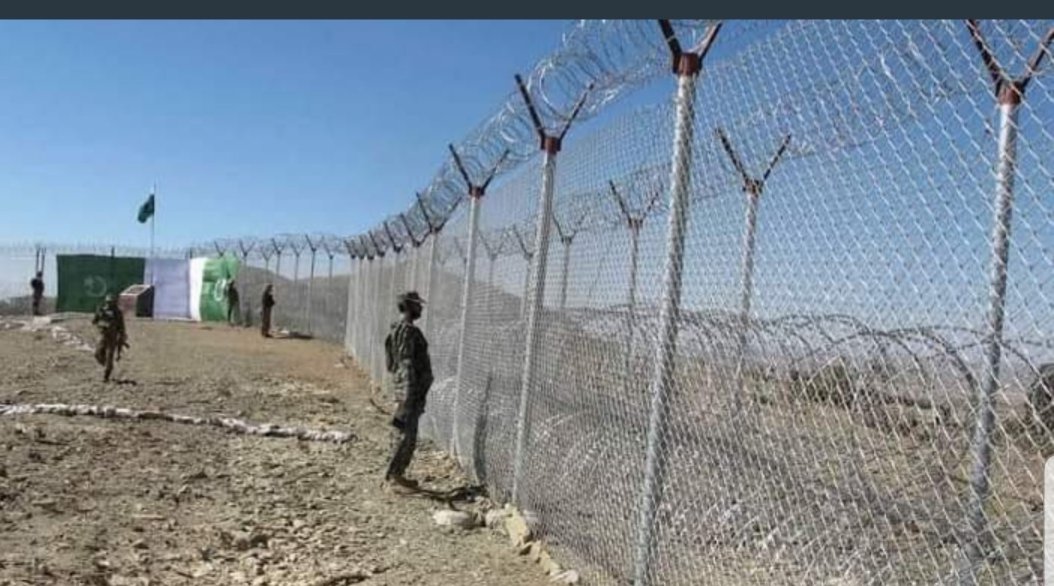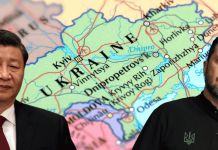Chinese state-owned companies are making big-ticket investments in Sri Lanka. And some of these deals are providing them with exclusive rights and access to infrastructure, which many believe, undermine the sovereignty of the island nation.
Last month, China Harbor Engineering Company (CHEC), a part of the state-owned China Communications Construction Company (CCCC), won the bid for a 17-km elevated highway near Colombo, reported Nikkei Asia.
At €7.8B, Why Indian Rafale Jets Are ‘Double The Cost’ Than Egyptian Rafales?
Why Did Netizens ‘Mock’ Nigeria For Importing JF-17 Jets From Pakistan?
The deal makes CHEC the first foreign company to have rights over a highway in the island nation. The terms of the deal give the Chinese company the ownership of the highway and the rights to recover the principal and profits for 18 years.

According to Sri Lankan opposition parties, the previous governments also wanted to work on the proposed highway project, but only on a public-private partnership basis.
Sri Lankan opposition parliamentarian Harsha De Silva told Nikkei Asia that according to a 2016 feasibility study, the project cannot be undertaken on a build-operate-transfer (BOT) basis. However, the CHEC is reportedly constructing the highway on a BOT basis.
Should India Be Worried As Pakistan PM Imran Khan Offers Sri Lanka To Use Gwadar Port?
Apart from the highway project, CHEC is involved in the Mattala International Airport, the Hambantota Port, and the Colombo Port City, a project estimated to be worth $1.4 billion.
The Colombo Port City Project
The Colombo Port City project is believed to be the single largest private sector development in Sri Lanka, and also a key part of China’s ‘Maritime Silk Road’ initiative. In May 2021, the Sri Lankan parliament approved the Colombo Port City Economic Commission Bill, reported Livemint.
The 225-member Parliament passed the bill 148-59, with the opposition parties rallying against the legislation claiming it would “lead to the creation of a Chinese colony in Sri Lanka”. The bill approves the creation of a special economic zone to establish a commission to grant registrations, licenses, other authorizations, and approvals for operation in the economic zones.
Many experts in Sri Lanka are of the opinion that the bill provides China unreserved power, while undermining Sri Lankan sovereignty. With no apparent control over the offshore banks and companies operating in the SEZ, the experts fear the growth of money laundering and other illicit operations.
According to Sankhitha Gunaratne of Transparency International Sri Lanka, an anti-corruption organization, a financial hub requires heightened scrutiny, and merely applying the law of the land may be insufficient.

Doubts around the activities of the Chinese companies are bound to arise, especially when one looks at their past records. In 2018, the CHEC was blacklisted by Bangladesh under the charges that the Company was trying to bribe a senior government official while discussing the expansion of a highway in Dhaka. I
n Sri Lanka, the CHEC was also accused of funding the election campaign of former president Mahinda Rajapaksa in 2015, with investigations pointing out payments worth $101 million to the supporters involved in the election campaign by the Chinese company. The CHEC denied all the allegations.
In 2018, the parent company of the CHEC, the CCCC, was blacklisted by the US alleging its involvement in the establishment of military strategic islands in the South China Sea.
The Gwadar Port In Pakistan
It’s not just Sri Lanka where China has been accused of setting up a colony. Beijing faces a similar allegation in Pakistan where it is engaged in China-Pakistan Economic Corridor (CPEC).
The Chinese-built Gawadar port in Balochistan has been mired in controversy as locals resent the Chinese presence in the resource-rich region. Last year, the Baloch and Sindhi pro-freedom organizations came together to protest against the CPEC project, reported India Today.
The Baloch people allege that though the CPEC benefitted the Pakistani province of Punjab, it adds no value to Balochistan. At the meeting, a Baloch leader reportedly said, “Sindh and Balochistan are equally affected by the expansionist and oppressive resolves of China.
Through the China Pakistan Economic Corridor (CPEC), China aims to subjugate Sindh and Balochistan and occupy the coasts and resources from Badin to Gwadar”.

Facing stiff opposition from the locals, the authorities started fencing the port city of Gwadar last year, reported The EurAsian Times. Plans were afoot to fence around 24 sq km of the city surrounding the deep seaport.
The fenced part of the city will have two entry points, and the residents will only be allowed to enter or exit with a pass. The entire area will be monitored using 500 high-definition cameras.
The Baloch separatists have repeatedly urged the Pakistani government to halt its exploitation of the natural resources of the region and to give equal job opportunities to the Punjabi and Balochi natives.
CPEC is much more military project than economic projects and facilitating China by fencing Gwadar in the name of economy. #StopFencingGwadar https:// pic.twitter.com/j0GU5QSpos
— Naseer Ahmed Baloch (@NaseerAhmed184) December 17, 2020
The point of employment was also highlighted by Francesca Marino in her book, Balochistan: Bruised, Battered and Bloodied, where she mentioned that the jobs in the region have actually gone to the ‘imported’ workers from other provinces of Pakistan.
Big Blow To India & Japan; Sri Lanka Shelves Two Key Infra Projects In Favor Of China?
To quell the discontent among the locals, the authorities have deployed 15,000 soldiers to “protect” Chinese workers and investments.
With the resulting human rights violation, disregard for the local environment and rising authoritarianism, the CPEC has slowly transformed into a military project from an economic one, noted Marino.
READ MORE
Why India’s Ladakh Region Is Crucial For China’s Rise As An Economic Super-Power?




